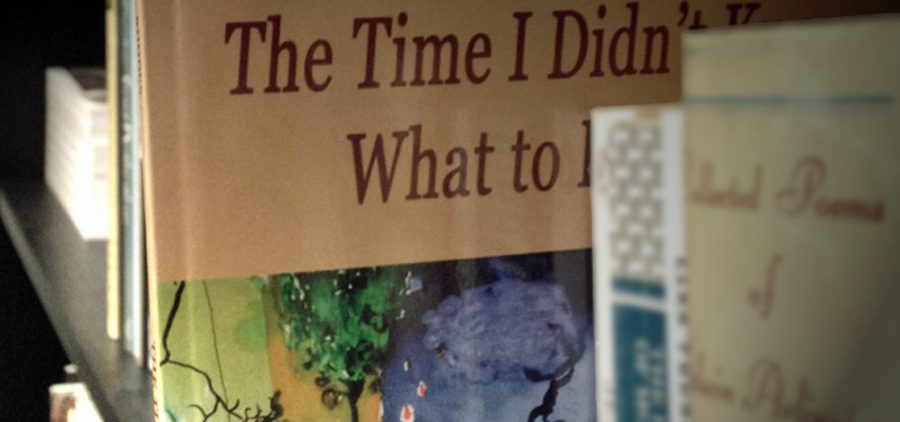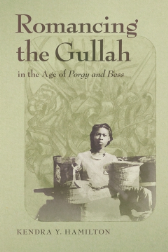Stephen Rhodes – Visiting Poet Review
November 1, 2015
Stephen Rhodes visited PC on October 28 to read poems from his two poetry collections: What Might Not Be and The Time I Didn’t Know What to Do Next.
Rhodes began by telling a story about some poetry advice he got in his youth. His teacher once told him never to write about three subjects: love, religion or animals. Young Rhodes thought to himself, what else is there to write about?! And sure enough, many of his poems were about at least one of these subjects, and despite what his teacher might have said they were excellent.
He opened with a poem called “French Bread,” which mixed religious language into a poetic story about his first marriage, which was decaying at the time the poem was set in. This poem set the tone for the rest of the reading, in my opinion. It was a serious and heartfelt poem, but had snippets of humor to keep the overall tone serious but not too serious.
In the animal category, Rhodes read a poem titled “Buzz and his Ferret, Bob.” This was a much lighter, funny poem about (as the title suggests) a man named Buzz and his pet ferret, Bob. Before each reading, Rhodes spoke to the audience about what inspired each poem, and this particular poem was inspired by one of Rhodes’ neighbors who (you guessed it) had a ferret named Bob. I thought it was interesting to see where each poem found its inspiration, and that a lot of the time, it was casual commonplace events that inspired a great poem.
Something else I really enjoyed about Rhodes’ poetry was that it had variety. His poems weren’t just free verse, or just formal; he had a little of everything and showed that he wasn’t afraid to try new things. One of my favorite poems was called “What You Don’t See.” It was a list poem, which is just what it sounds like: a poem that is a list or inventory of things, in this case, of things that one cannot see with the naked eye. He also did a crown of sonnets, which is a series of sonnets with a twist – the last line of one sonnet was the first line of the next, and the last line of the last sonnet was the first line of the first sonnet. During questions after the readings, Rhodes explained that formal poetry (poetry done in structured forms, like sonnets) challenged him to think in ways that he wouldn’t normally do so.
All and all, the poetry was great. Rhodes was an excellent reader and joked and laughed with the audience a lot, making for a comfortable and fun atmosphere. He was easy to connect with, and his poetry, likewise, often dealt with subjects that most people could relate to on some level.
When asked what advice he would give to anyone interested in writing poetry, Rhodes gave a two-fold answer:
-
Get over “making sense” in poetry. He explained that a lot of people get intimidated by poetry and trying to decipher the exact meaning of a poem. He said that even if no one can understand your poem as a whole, if even one or two lines can make someone feel something, then the poem is successful. Language, he added, should lead in poetry, and meaning will follow.
-
Read poetry. If you want to become a good poet, you have to know how good poets think and what kinds of tools they use.
To learn more about Stephen Rhodes, or to read some of his poetry or essays, check out his website, jstephenrhodes.com. Both his poetry collections are available for purchase on Amazon.com.





